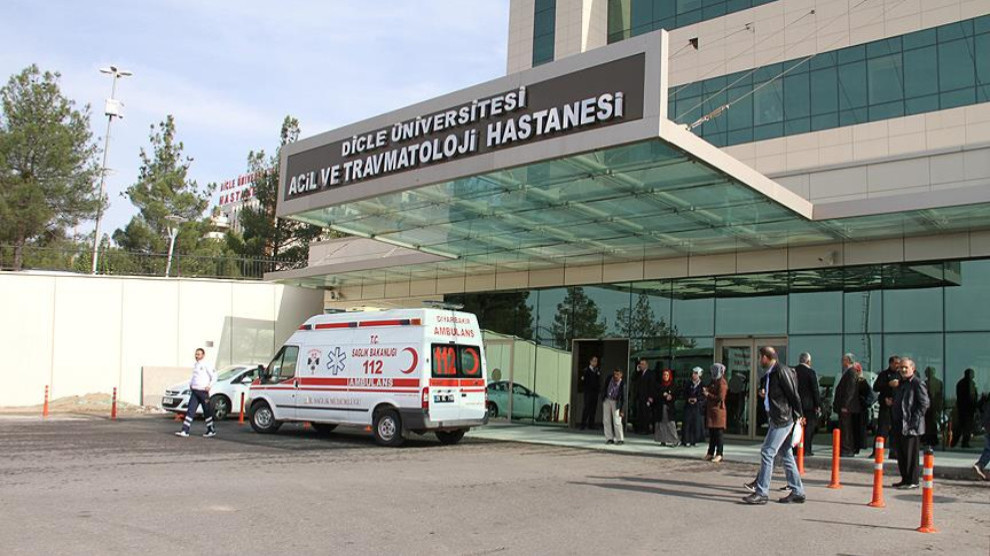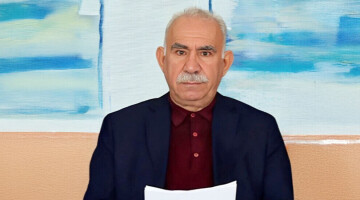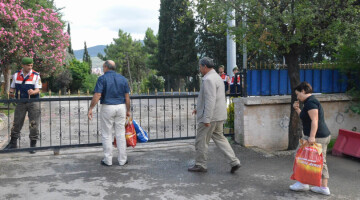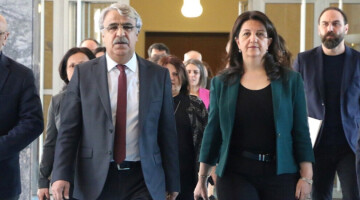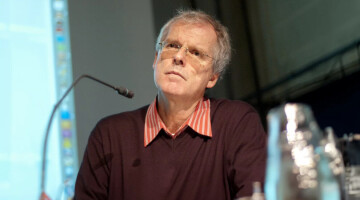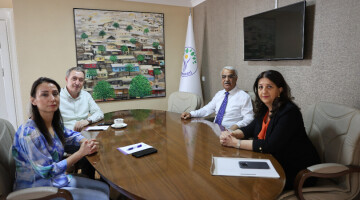While the numbers of Covid-19 increased in Bakur (North Kurdistan), 346 health workers tested positive in Amed (Diyarbakır). The AKP-MHP government deliberately avoids taking measures against the epidemic.
The rapid normalization experienced after the lockdown to fight off the Covid-19 outbreak led to warnings about a second wave which could come earlier than expected.
However, the government did not take measures and data were not given properly, prompting the Turkish Medical Association to say in more than one occasion that the relaxation was dangerous.
The media reported that the number of cases increased from Amed to Cizre and eventually the Diyarbakır Health Platform announced that 346 healthcare workers in the city were diagnosed with Covid-19 as of 6 August.
According to the statement, the disease, which was diagnosed mainly in nurses and midwives, was 95 for 2 months after the first case, and increased to 251 after the progressive return to normalization after 1 June.
Speaking to ANF, oncologist Doctor Halis Yerlikaya emphasized that there are around 600 patients in Amed hospitals and many quarantined at home. “The situation is not heart-warming. The number of patients in Diyarbakır is very high, there is no place in intensive care units. We have around 300 patients a day in Diyarbakır. Some of these patients come to the emergencies and are given medication and sent home, and then, when their condition worsens, they are brought back to the hospital. There are many patients observing the quarantine at home, while around 600 people are in Diyarbakır hospitals."
Stating that the government has followed the herd immunity model, Yerlikaya underlined that this policy has been implemented even more in the [Kurdish] region: “Actually, people here are almost abandoned to their fate. The government is acting according to economic concerns, not epidemiological and scientific data. The number of cases has increased even more with the rapid normalization steps taken after 1 June, as economic concerns are at the forefront rather than public health."
Yerlikaya said that the measures taken are insufficient: “You cannot solve this problem by simply increasing the number of intensive care beds in hospitals. This issue needs to be handled on a scientific basis. The way to do this is to test everyone. Currently, if one of the family members tests positive, the others are not tested, which of course is a problem. People do not take much precautions. We always warn that the mask should be used to cover the mouth and nose, social distancing should be kept, hygiene should be paid attention to, especially in closed environments. One of the most important reasons for the increase of cases in the region is that people gather together in closed environments, for example weddings and funerals. But ultimately this cannot be handled with individual measures. What the government is doing right now is limited to making calls on this issue. But this is not enough, people should also play their part and the government should fulfil its responsibilities with scientific data backing."

